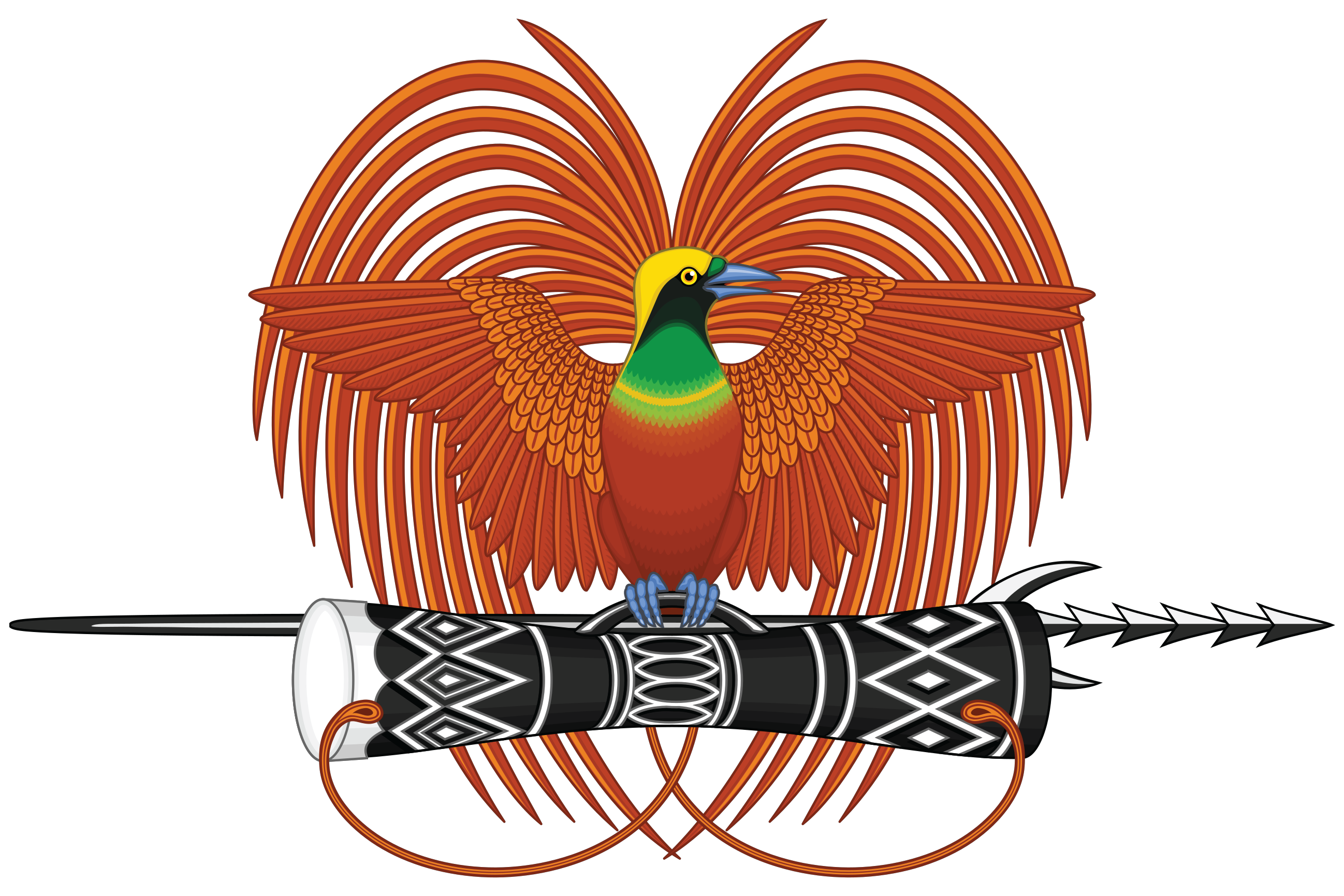FAO supports 927 fish farming households for improved aquaculture production, livelihood, and nutrition in Papua New Guinea
The FAO-led EU-STREIT PNG Programme delivered 20,000 Tilapia fingerlings to 927 inland fish farmers, as part of its intervention to improve fish quality and quantity production, higher income generation and enriched dietary nutrition of rural communities in Papua New Guinea. The provision of fingerlings followed the intensive capacity building of fisherfolks and communities in the Sepik region.

Quality fingerlings distributed by the FAO-led EU-STREIT PNG Programme in the Sepik region of Papua New Guinea.
©FAO-STREIT
Wewak, Papua New Guinea - To improve the supply and quality of Tilapia fish production in the Sepik region, the Food and Agriculture Organization of the United Nations (FAO), under the European Union-funded STREIT PNG Programme, has recently completed the provision of 20,000 fingerlings to 15 inland fishery groups that will benefit 927 fish farming households in 4 districts of East Sepik Province.
Rolled out in partnership with the Provincial Fisheries Office, DAL officers, and a local service provider, the initiative aimed at supporting aquaculture or inland fish farmers to increase fish production with quality fingerlings for better income generation as well as to improve household nutrition and support food security in rural communities.
“The tilapia has a stable supply and demand; it is a top consumer choice with a steady growth gradient and can provide a good return for the farmers in terms of revenue,” explained Lapia Renagi, the FAO Fresh Water Aquaculture Officer who supervised the distribution.
Direct beneficiaries are mainly youths, women, widows and widowers working in 444 fish ponds and five nurseries. Before this, all recipient beneficiaries were capacitated by the EU-STREIT PNG Programme in proper techniques and skills of aquaculture production, including the biology and lifecycle of Tilapia, fingerlings stocking, fish feed formulation and production, fishponds construction, design and management, book-keeping and handling/harvesting of mature fish.
Each inland fish farming household received between 15 and 25 fingerlings in a polybag. This is the first distribution, and the second round will commence as soon as new fingerlings are ready.
To promote agri-food MSMEs development and also to ensure the sustainability of interventions, the EU-STREIT PNG Programme is focused on working with groups and direct beneficiaries who are members of fishers groups.
This initiative is an outcome of a fisheries value chain study commissioned by the Programme to the PNG National Fisheries Authority (NFA) to understand the challenges faced by key actors in the fisheries value chains (aquaculture, riverine and coastal) in the Sepik region to determine upgrading strategies and investment plans.
Explaining the importance of inland fish farming, Mohammed Zakir, the FAO Fisheries Officer, asserted: “Inland Fisheries or Fresh Water Aquaculture is the fastest growing industry globally taking over from capture fishery with its importance as an environmentally sustainable and friendly activity, and most importantly, an effective option, shifting fishing pressure which was on the natural habitats, and environment many years ago to now into control setups normally known as Fish Farms.”
Fish has a high nutritious value in terms of protein supplement to rural communities in the Sepik and is one of three value chains supported under this rural agri-food development Programme.
The EU-STREIT PNG, being implemented as a UN Joint Programme (FAO as leading agency/administrative agent, and ILO, ITU, UNCDF and UNDP as implementing partners), is the largest grant-funded Programme of the European Union in the country and the Pacific region, It focuses on increasing sustainable and inclusive economic development of rural areas through Increasing the economic returns and opportunities from cocoa, vanilla and fishery value chains and strengthening and improving the efficiency of value chain enablers including the business environment and supporting sustainable, climate-resistant transport and energy infrastructure development.
Report
Fisheries
As part of this component, the EU STREIT PNG Programme focuses on developing in-shore and riverine fisheries and aquaculture.
Contact
Amir Khaleghiyan International Reporting and Communication Officer +675 8175 3146 [email protected]



